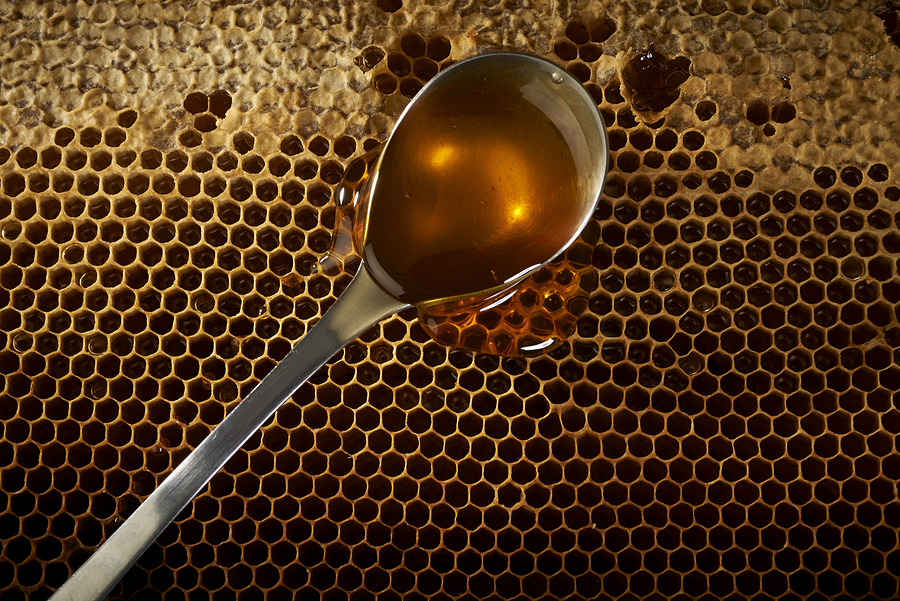Do away with sugar, but not the sweetness. Matthew Kadey, MS, RD of BodyBuilding reveals 5 smart and healthy alternatives for sugar and fructose corn syrup.
1. Maple Syrup
The syrup comes from the bark of maple trees and acts both as an antioxidant and sweetener. Light-color maple syrups are classified as Grade A, while the darker versions are labelled Grade B. Recent studies in Canada show that Grade B maple syrups have higher levels of antioxidants and minerals. Maple syrup isn’t only yummy on top of pancakes, it also goes superbly with oatmeal, cottage cheese, and yogurt.
2. Coconut Sugar
The brown granulated coconut sugar you often see in health-food shops has very low glycemic index, so it’s often preferred by diabetics. It has a distinct sweet taste that reminds you of caramel. The brown sweetener comes from boiled coconut sap which undergoes processing to turn the thick liquid into powder form. Coconut sugar contains iron, magnesium, and vitamin B. Coconut sugar also keeps your energy level up, and your blood sugar down.
>>> Sugar Intake Linked to Healthy Teeth
>>> Healthier French Fries Recipe: Finger Food For The Fit
>>> Gain Muscle Without The Fat With Waxy Maize Starch
3. Honey
In a study published in the “Journal of Strength and Conditioning Research,” honey is closely associated with significant improvement in athletes’ performance. The natural sweetener has more than 300 varieties, depending on nectar sources of bees. The color of the syrup ranges from light to very dark. Studies show that the darker varieties of honey contain more antioxidant compounds than the floral or lighter varieties. Check out your local apiaries for raw honey. Processed and heat-treated honey may contain lower antioxidant and antibacterial properties.
4. Monk Fruit Extract
The monk fruit, or Luo han guo in Chinese, is used as herbal medicine in China. It’s introduced in the market as low-calorie natural sweetener containing 2 calories per teaspoon. White sugar, in comparison, contains 15 calories per teaspoon. Sugar from monk fruit is 200 times sweeter than regular sugar, and since you need just a small amount to sweeten your cup of coffee, you virtually consume zero calories.
5. Date Sugar
Date sugar comes from finely-ground dates. It replaces brown sugar in most recipes at a ratio of 1:1. Date sugar’ll definitely increase the cost of your bowl of oatmeal, but it’s power-packed with fiber, vitamin B6, magnesium, and iron.
These are sugar alternatives. Since they’re not as mass-produced or as widely-consumed as ordinary sweetening crystals, they can be costly. If you can live without sweeteners, or down a cup of coffee black, you’re better off without the sweet additive.
